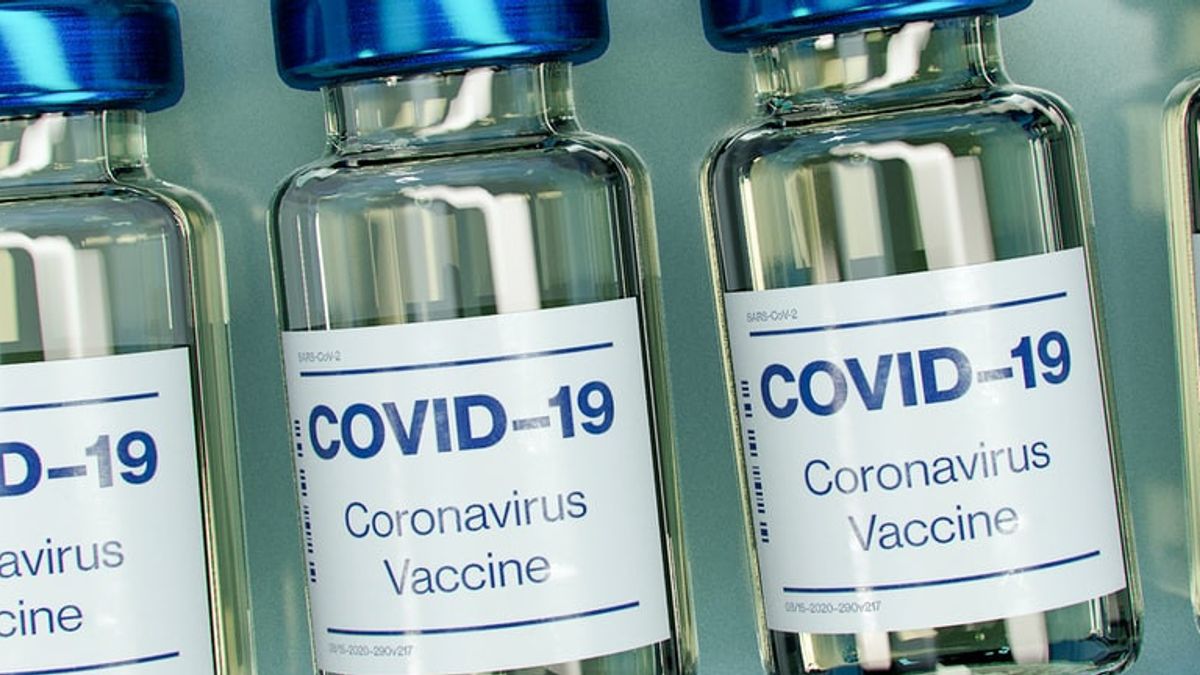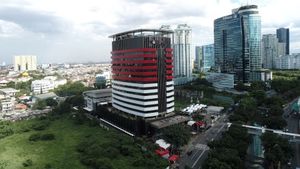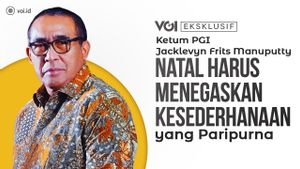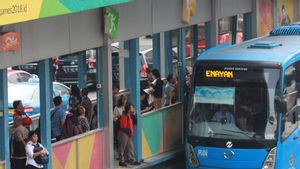JAKARTA - North Korea's state media is encouraging COVID-19 sufferers to use painkillers and fever-reducing drugs such as ibuprofen, amoxicillin, and other antibiotics---because of the country's lack of vaccines.
Reporting Reuters via Antara, Monday, May 16, North Korean media also recommends patients to use home remedies such as gargling salt water, drinking Lonicera japonica tea or willow leaf tea three times a day.
"Traditional treatments are the best!" one woman told state media when her husband said their children gargle with salt water every morning and night.
An elderly person in Pyongyang said he had been helped by ginger tea and the presence of ventilation in his room.
"I was initially afraid of COVID, but after following the doctor's advice and getting the right treatment, it turned out to be no big deal," he said in a televised interview.
North Korea is one of two countries that has not started a COVID-19 vaccination and until last week insisted it was coronavirus-free.
Today, with health workers wearing hazmats and masks, North Korea is mobilizing troops including soldiers and a public information campaign to fight what authorities recognize as an "explosion" of the outbreak.
In an interview on state television on Monday, May 16 Deputy Public Health Minister Kim Hyong Hun said the country had switched from quarantine to a treatment system to deal with the hundreds of thousands of suspected cases of "fever" that were reported daily.
As state news agency KCNA reported 392,920 cases of fever and eight deaths in North Korea on Sunday, leader Kim Jong Un ordered the army medical corps to help stabilize drug supplies -- especially in Pyongyang, which appears to be the epicenter of the outbreak.
KCNA reported the cumulative tally of fever sufferers reached 1,213,550 people with 50 deaths, but did not say how many suspected infections had tested positive for COVID.
Authorities said most of the deaths were caused by people "recklessly taking drugs due to lack of knowledge and understanding" about the Omicron variant and the correct treatment method.
The World Health Organization has sent some medical equipment and other supplies to North Korea, but has not yet said details of the drug. Neighbors China and South Korea have also offered to send aid if Pyongyang asks.
While it does not claim that antibiotics and home remedies will get rid of COVID, North Korea has a long history of developing treatments that have not been scientifically proven, including injections made from ginseng grown in rare earth elements that are claimed to cure everything from AIDS to impotence.
Some are derived from traditional medicines, while others have been developed to compensate for shortages of modern medicines or as "made in North Korea" exports.
Despite a large number of trained and experienced doctors mobilizing for health emergencies, North Korea's medical system is severely under-resourced, experts say.
In a March report, an independent United Nations human rights investigator said he was troubled by "lack of investment in infrastructure, medical personnel, equipment and medicine, irregular electricity supply, and inadequate water and sanitation facilities." .
Kim Myeong-Hee, 40, who left North Korea for South Korea in 2003, said such shortages made many North Koreans dependent on home remedies.
"Even if we go to the hospital, actually there is no medicine. There is also no electricity so medical equipment cannot be used," he said.
When he developed acute hepatitis, he said he was told to drink the minari---water parsley made popular by the 2020 film of the same name---every day and eat earthworms when exposed to another unknown disease.
Home remedies sometimes failed to prevent the loss of life during epidemics in the 1990s.
The English, Chinese, Japanese, Arabic, and French versions are automatically generated by the AI. So there may still be inaccuracies in translating, please always see Indonesian as our main language. (system supported by DigitalSiber.id)








